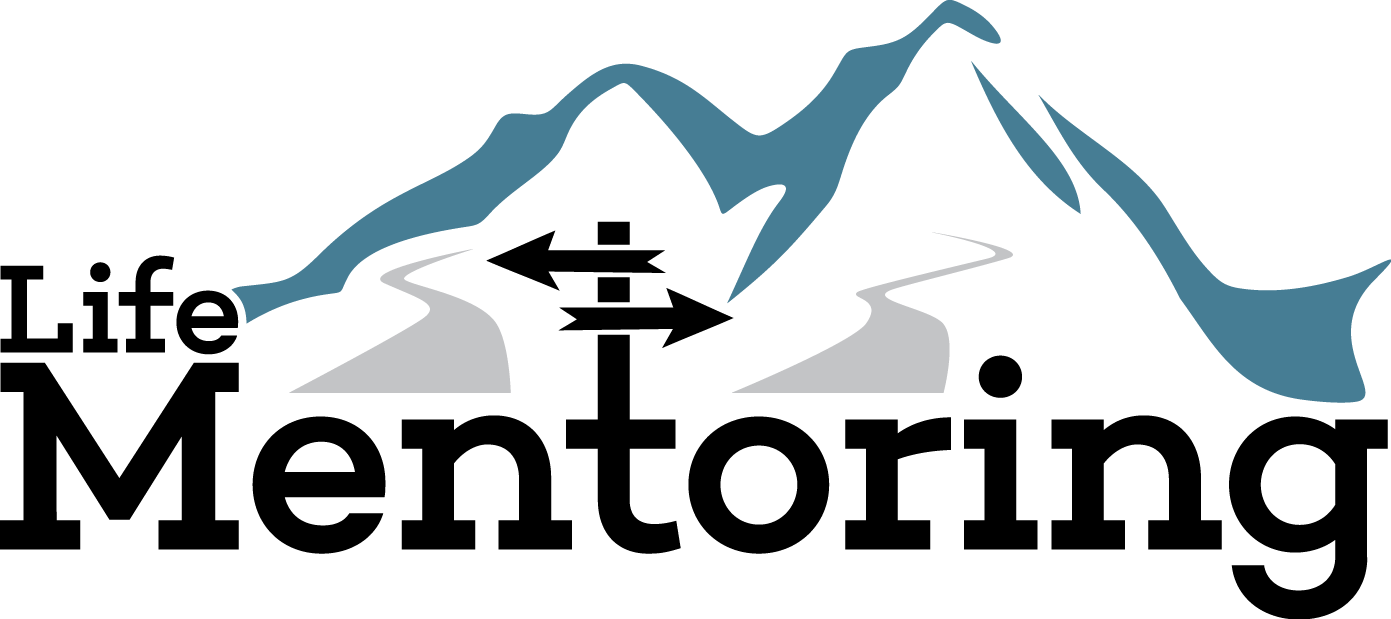
Every five years the Australian Government commissions a report that attempts to provide us with an insight into some of the challenges that we, here in Australia, will face over the next 40 years and the decisions we need to make now. A mammoth task, made more difficult this time round by the political discussion about Australia living beyond its means. If you are reading this in the US or the UK that scenario may sound familiar.
I’ve just watched a video by Australian scientific personality Dr Karl, where he explains some of the key findings in the report. It’s well worth the 15 minutes needed to check it out: The Challenge of Change
The video looks back at the last 40 years and the key changes that have occurred in that period. In 1975 there was no internet, no mobile phones and no Apple. The world population at 4 billion was half what it is now. Both average income and productivity in Australia have doubled since 1975.
From the perspective of Life Mentoring the most interesting section was that of demography, specifically, Australia’s population projections. In 1975 there were 7.3 people aged between 15 and 64 for every Australian over 65. Today that number is 4.5 and amazingly the prediction is that by 2055 only 2.7 people will fall into this category.
More workers equals more wealth, more taxes and more productivity. Given the numbers above, it does not take a genius to work out that we will have to retain older workers for longer and make better use of their wisdom and experience. I believe that mentoring could be one of the best tools to leverage existing knowledge and increase the successful retention of our ageing workforce.
This could look like traditional mentoring where the mentor is older than the mentee, and this is an excellent way to share wisdom gained from many years of experience. However there is now also the concept of reverse mentoring, where the mentor is younger than the mentee. In times of digital transformation and disruptive technology, this could be key in leveraging an ageing workforce and capitalising on the digital knowledge and experience of the younger workforce. I will be talking about this more in blogs to come.
My advice? If there’s someone who has walked your proposed path already, whether they be older than you, or younger, find them, get to know them and discover if they are the right mentor for you on your journey.
